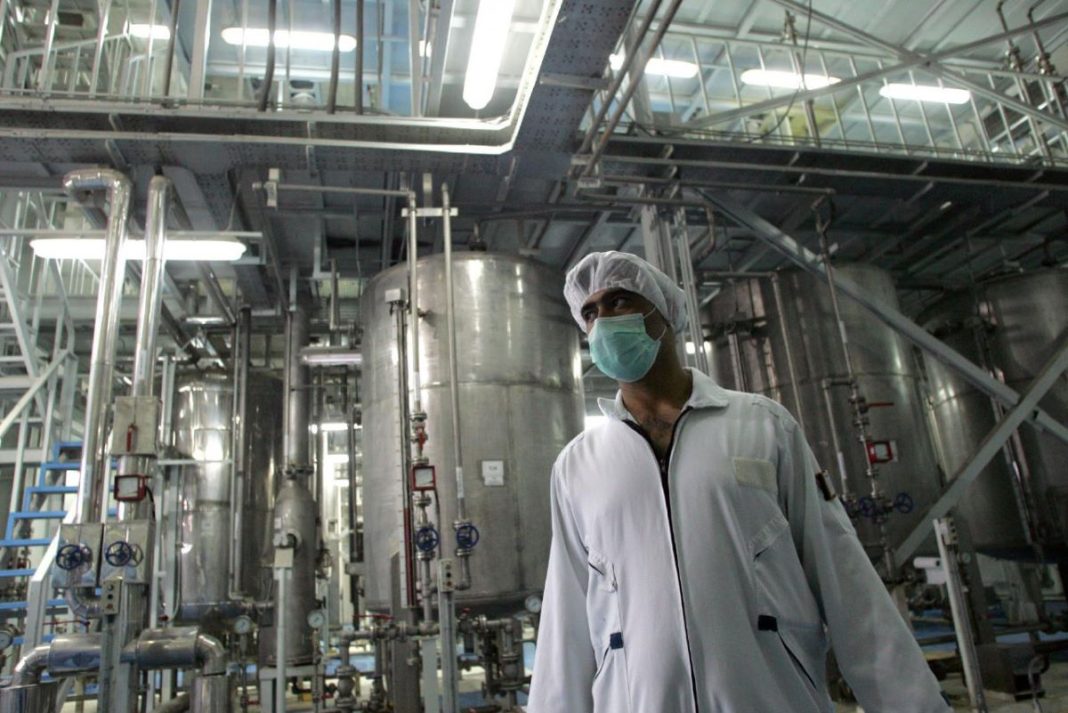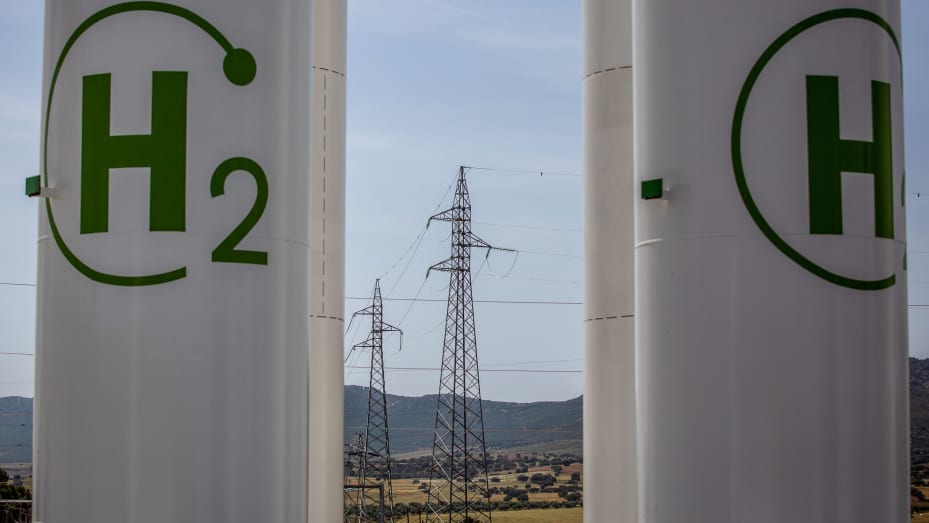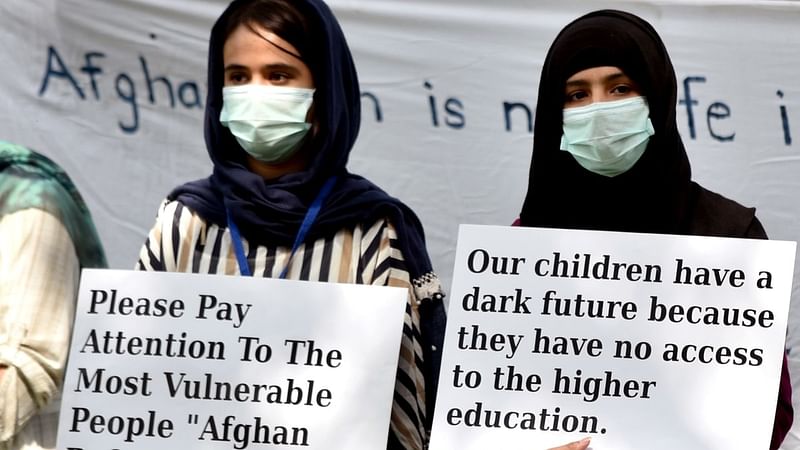The minarets are our spears, the domes are our shields
The mosques are our barracks, the believers soldiers
Our faith has been waiting for this spiritual army
God is great, God is great – Ziya Gökalp (1876–1924), “A Soldier’s Prayer”
By James Ryan*
(FPRI) — Ottoman Turkish intellectual and ideologue Ziya Gökalp penned these lines of poetry in the course of the 1912 Balkan War fought between the Ottomans and separatists in Bulgaria, Greece, Montenegro, and Serbia. Gökalp would later go on to become arguably the most influential intellectual of the Turkish nationalist movement, and is considered by many to have been among the foremost sociological thinkers of his time, in league with the likes of Max Weber and Emile Durkheim. Though he died only a year after the republic officially came into being, Gökalp’s life and work left an indelible mark on Turkish politics and a legacy that has been utilized across the Turkish political spectrum, from nationalists, secularists, and Islamists alike.
In 1997, Gökalp’s poem landed Recep Tayyip Erdoğan in legal trouble when he uttered those lines in a speech while he was serving as mayor of Istanbul. Citing Gökalpin the context of a rising challenge of Islamist-oriented politics in the country provided pretext for the politicized courts of the country to charge the mayor with insulting Turkey’s secular character. The ensuing legal battle would result in a 10-month jail sentence. Over the long run, the move backfired. Erdoğan’s imprisonment energized his supporters in Istanbul and beyond, made him a victim of Turkey’s illiberal legal institutions, and primed him to take center stage in the newly formed Justice and Development Party once he was released following a reduced sentence in 1999.
Two decades after Erdoğan came to power as prime minister in 2002 an ironic echo of this story has been circulating. A Turkish court recently handed down a two-and-a-half-year-long prison sentence to the current mayor of Istanbul, Ekrem İmamoğlu, a rising star within Turkey’s Republican People’s Party (Cumhuriyet Halkların Partisi, or CHP), the leading party in an opposition bloc set to challenge Erdoğan in elections this coming June. İmamoğlu was leveled with this charge for having referred to the High Elections Council (Yüksek Seçim Kurulu, or YSK) as “stupid” for having ruled that his initial victory in the 2019 Istanbul Mayoral elections was not wide enough to sustain a re-run of the elections, which İmamoğlu would ultimately win by a significantly larger margin.
The result of that election was the first indication that İmamoğlu was viewed as a threat by Erdoğan’s camp. Not merely because he defeated Erdoğan’s handpicked candidate, Binali Yıldırım, who had been serving as prime minister until that position was liquidated in the constitutional reforms that ensconced Erdoğan’s super-presidency, but because he was able to bridge a coalition between right-leaning members of the nationalist opposition Good Party (İyi Parti), left-wing members of his own party, and at the same time garner the tacit support of the Kurdish-majority People’s Democratic Party (Halk Demokrasi Parti, or HDP). Such a coalition projected out to a national scale would, presuming a free vote, be enough to overcome Erdoğan based on recent polling. Moreover, his prior appeal to HDP voters could be enough to dissuade the currently unaligned Kurdish and further left parties from running a third candidate, which would likely spell an indecisive first round of presidential elections and result in a runoff.
This current trial and sentencing are widely understood as a naked attempt to remove İmamoğlu from the ongoing contest between members of the opposition bloc who might be nominated to run against Erdoğan, and a clear signal from Erdoğan’s camp that they view İmamoğlu as a real threat.
It remains to be seen how the legal process around this decision will play out. İmamoğlu does have an opportunity to appeal and could theoretically kick the can past the date of scheduled elections, thus remaining viable as a presidential candidate. However, the moment has been clarifying in terms of how the question of Erdoğan’s opponent will be settled. As I have written recently, Turkey’s opposition bloc faces a paradoxical challenge in that they are bound to each other by the promise to return to a parliamentary system of governance, but that promise is not at all what binds each of the parties to their voters. As such, it seemed necessary to find a candidate who was most likely to both beat Erdoğan and follow through on constitutional changes to appease the opposition coalition.
Until recently, many suspected the leader of the CHP, Kemal Kiliçdaoğlu, would be the most likely candidate. Kiliçdaroğlu has been the architect of the unprecedented coalition of six opposition parties, and thus viewed as the one most likely to fulfill the promise of a return to parliamentary governance. İmamoğlu, on the other hand, garnered some suspicion that despite his skill and popularity, he would be less likely to follow through with his party’s promises to their partners, and his eager welcoming of comparisons to Erdoğan’s previous term as mayor may have left a bad taste in the mouths of some in his own party. In the immediate aftermath of the conviction, however, that seems to be changing.
Anticipating the sentence, İmamoğlu was able to stage a significant rally with thousands of supporters in his defense in the Saraçhane neighborhood of Istanbul, which is located in a district that İmamoğlu won by the slenderest of margins in 2019. At the rally, İmamoğlu was flanked by two major power players in opposition politics—the leader of the right-wing nationalist İyi Party, Meral Akşener, and Canan Kaftancıoğlu, the leader of the CHP’s Istanbul branch who is herself currently serving a four-year sentence on probation for insulting Erdoğan. Akşener was particularly impassioned in her speech to the crowd in support of İmamoğlu, invoking the poetics of the moment by saying, “this song cannot end here, it is true that song didn’t end (in the courthouse), but today, today, I promise you as Meral Akşener this song won’t end here.” This line was a clear reference to a best-selling album of spoken word poetry that Erdoğan released on the day he entered prison on March 26, 1999.
Their presence, demonstrating support from the left and right flanks of the six-party opposition bloc for the embattled mayor, was also notable for the absence of Kiliçdaroğlu, who was in Berlin completing a series of visits that included the United States and the UK to ostensibly meet with experts in technology and the economy who will advise plans to restructure Turkish industry and economy should the opposition bloc be successful. In a brief statement to the press as he was leaving his hotel in Berlin, Kiliçdaroğlu offered little more than bromides about defending justice in support of his colleague. Returning to Istanbul for a second rally on December 15th, this time alongside İmamoğlu, Kiliçdaroğlu’s verbiage was a little bit stronger but his official statement of standing in support “of the will of 16 million”—a reference to İmamoğlu’s PR campaign to represent the entirety of the population of Istanbul—rather than broader national support from all 85 million Turks again appeared muted in contrast to statements from other key figures.
For his part, İmamoğlu has not shied away from poetic comparisons to the current president’s tenure as mayor. The position has been viewed as the best springboard for national politics in Turkey—it is the largest municipality in a country whose governing structures afford mayoralties with powers comparable to that of state governors in the United States, and İmamoğlu has been keen to use the propagandistic powers associated with the office to rebrand the city and himself with an eye towards this year’s elections since taking office in 2019.
It remains to be seen whether the poetic irony of his conviction will turn in his favor in the contest against Erdoğan—not least because the political and structural barriers to his success are great—but in the short run it has heightened the contrasts ahead of the internal fight to name a nominee. Indeed, poets and poetry have had a long-lasting impact on partisan politics in Turkey—at different turns in the current political drama we have seen leading politicians invoke not only Gökalp, but figures like the communist poet Nazım Hikmet, the conservative Islamist Necip Fazıl Kısakürek, or the ultranationalist Nihal Atsız. If İmamoğlu manages to transcend these divides, as Gökalp’s legacy often has and indeed as Erdoğan did for a time, there will be no shortage of poetic irony to the coming contest to lead Turkey’s republican project into a second century.
Turkey's Ekrem İmamoğlu. Photo Credit: VOA
The views expressed in this article are those of the author alone and do not necessarily reflect the position of the Foreign Policy Research Institute, a non-partisan organization that seeks to publish well-argued, policy-oriented articles on American foreign policy and national security priorities.
*About the author: James Ryan is the Director of Research and the Middle East Program at the Foreign Policy Research Institute (FPRI).
Source: This article was published by FPRI








